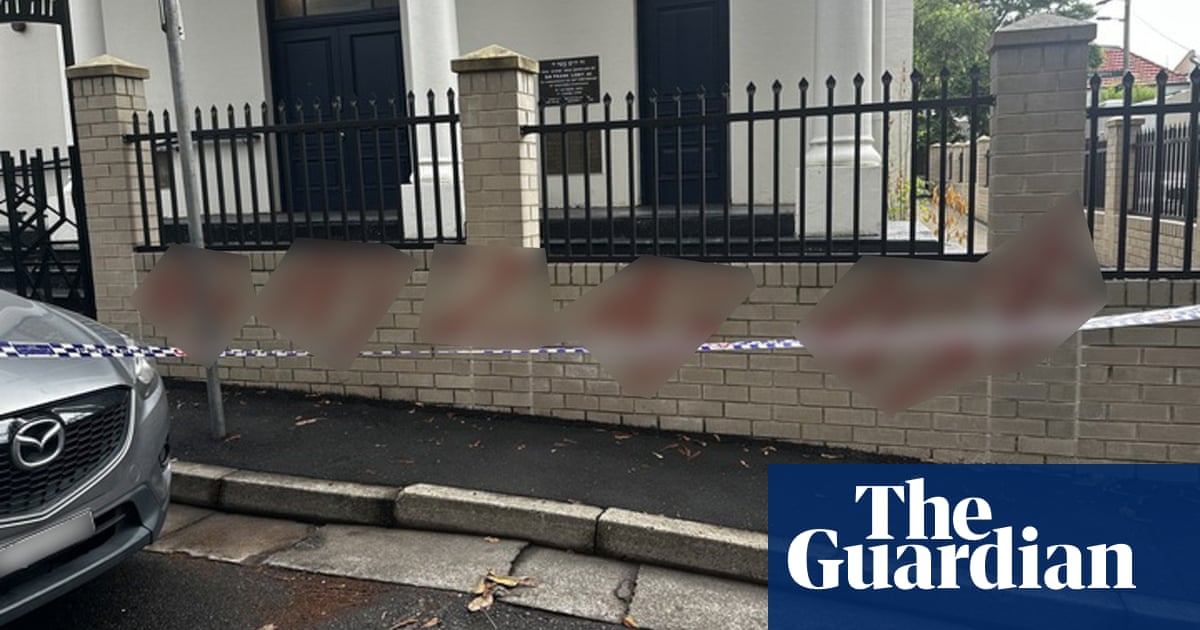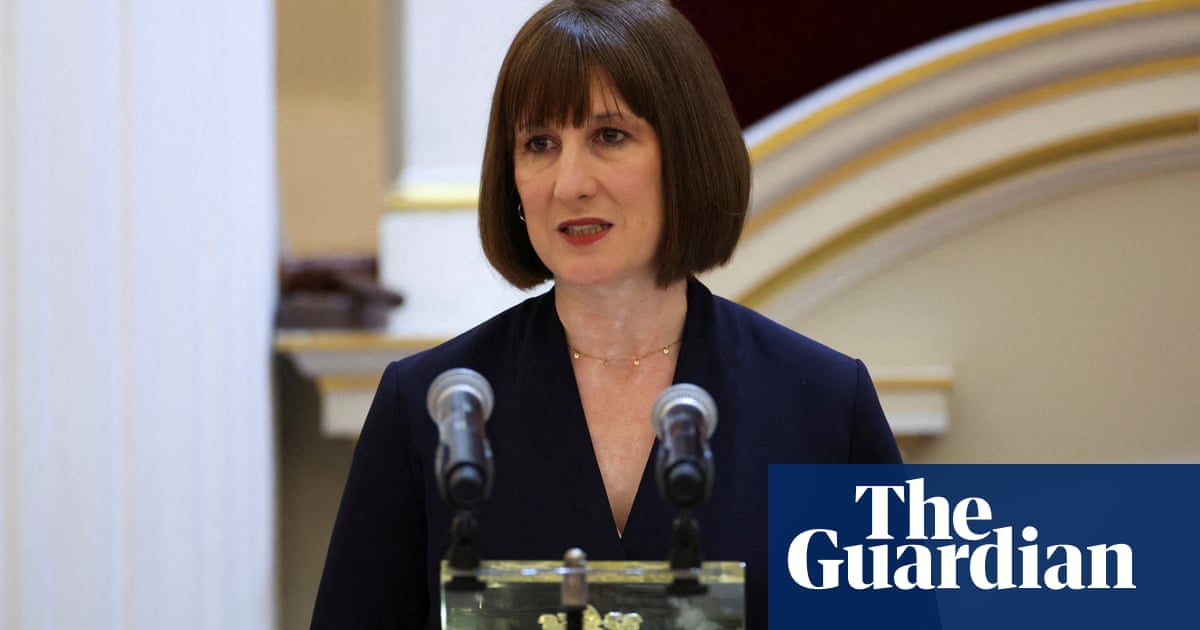The UK government did not fully suspend export licences to Israel as it would undermine US confidence in the UK and Nato and have a “profound impact” on international peace and security, court documents reveal.
On Monday the UK government returned to the high court in legal action by the Palestinian human rights organisation Al-Haq and the UK-based Global Legal Action Network (Glan) over the decision to continue arms exports to Israel.
In September the government suspended 30 existing arms licences because of a “clear risk” they might be used to commit or facilitate a serious violation of international humanitarian law (IHL).
But an exemption was made for some licences related to components of F-35 fighter jets, and about 330 others continued unaltered, which concerned items such as training and air defence equipment.
Al-Haq is now seeking to challenge the decision not to suspend all licences in September, the move to “carve out” licences for F-35 components from the suspension, and decisions by the former Tory government not to suspend licences in December 2023 and April and May this year.
The government is opposing the legal challenge, with its lawyers telling the court that the licensing of arms exports to Israel “is being kept under close and continuous review”.
According to court documents, the defence secretary’s advice resulting in the September decision concluded it was not possible to suspend licensing of F-35 components without affecting the global F-35 programme to which 20 countries belong, including the US, Israel, Canada and the Netherlands.
The advice said a F-35 licensing suspension would “have a profound impact on international peace and security” and “would undermine US confidence in the UK and Nato at a critical juncture in our collective history and set back relations”.
A key point in the September decision said: “The F-35 carve-out accepts that there is clear risk that F-35 components might be used to commit or facilitate a serious violation of IHL but determines that in the exceptional circumstances outlined by the defence secretary, these exports should nonetheless continue.”
In her written submissions, Phillippa Kaufmann KC, for Al-Haq, said the government was using a “categorically wrong” and “highly improper” approach to assess whether Israel had breached IHL, which led to “flawed” decisions being made as to whether to suspend licences.
She said: “What is in question here is whether its [Israel’s] stated commitment is a true commitment, and in order to make that determination the best evidence is how has it gone about these hostilities.
As of September 2024, there were 361 extant licences for exports to Israel, of which 34 export licences were identified as “red licences”, or assessed as those which could be used for military operations for the conflict in Gaza, including components for combat aircraft, military helicopters and targeting equipment, among others. Five of those related to F-35 components, according to court documents.
The remaining 29 licences were suspended, or amended to remove Israel as an end-user. Existing licences or “green licences” include components for trainer aircraft, air defence systems and IED disposal equipment, which the government says are “clearly unrelated” to military operations in Gaza.
after newsletter promotion
The F-35 programme is worth billions annually to the UK arms industry, according to Campaign Against Arms Trade (CAAT), which has said 15% of every F-35 produced is made in the UK.
“This is the litmus test of your commitment to comply with international law,” Yasmine Ahmed, UK director of Human Rights Watch, which has intervened in the case with Oxfam and Amnesty International, said before the hearing.
Last week, the organisation accused Israel of crimes against humanity over forced displacement in Gaza, as the death toll from Israeli attacks in the year-long conflict in Gaza approaches 44,000.
“Prioritising a contractual relationship with the US over the lives of Palestinian civilians is shocking,” said Ahmed.
On Monday, the court decided the government had until 16 December to respond to the grounds and provide further evidence. A final decision is expected the week of 13 January.

.png) 1 month ago
14
1 month ago
14













































